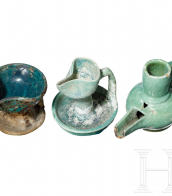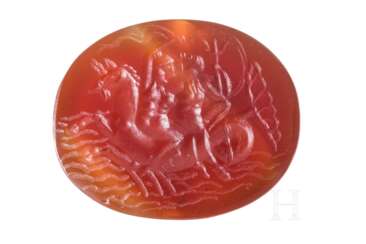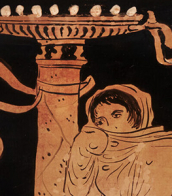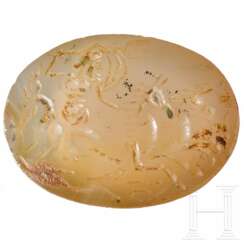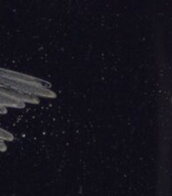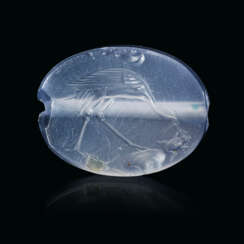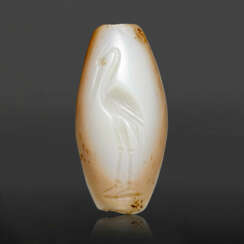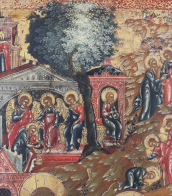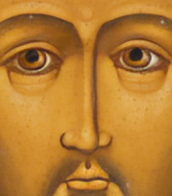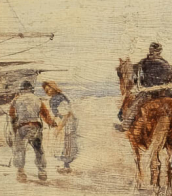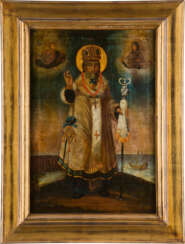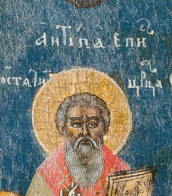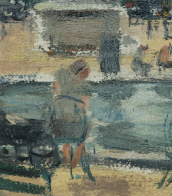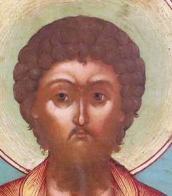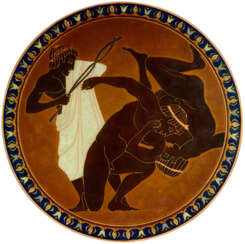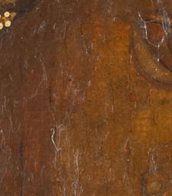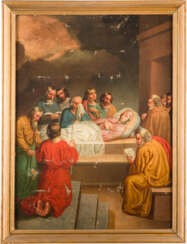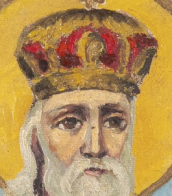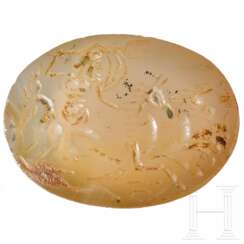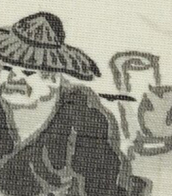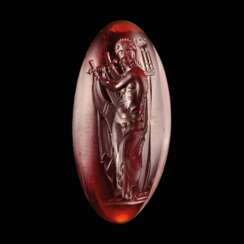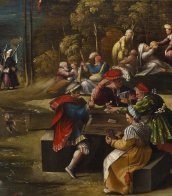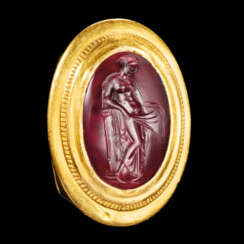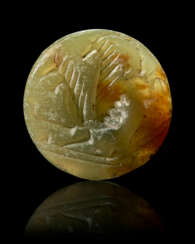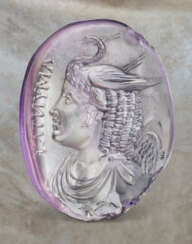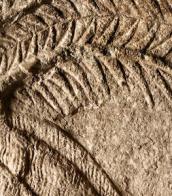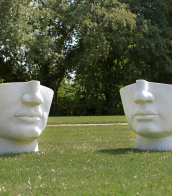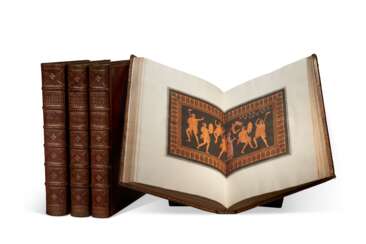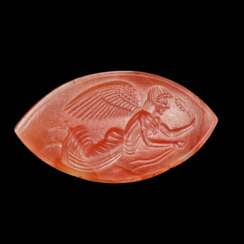greek gem
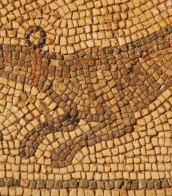
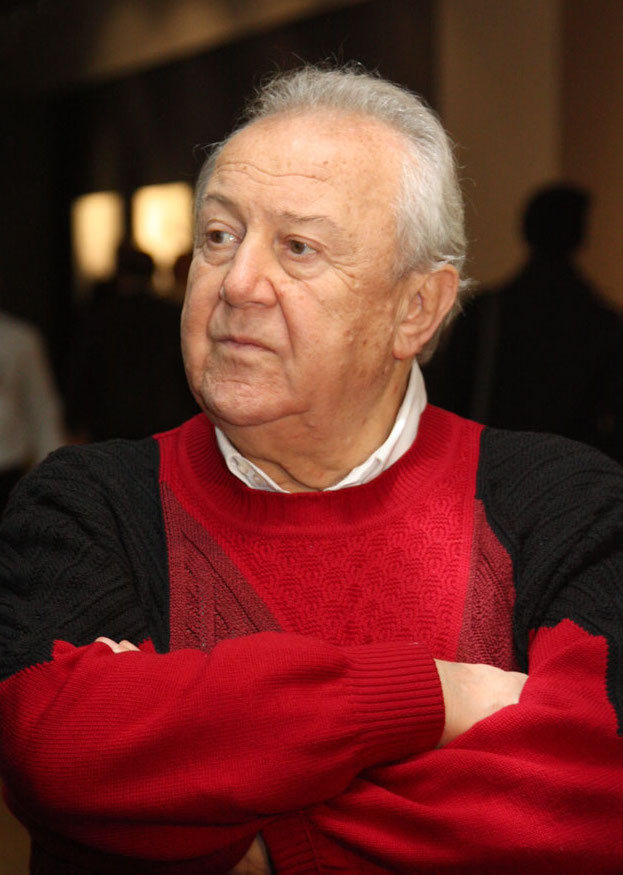
Zurab Konstantinovich Tsereteli (Russian: Зураб Константинович Церетели), a Georgian-Russian artist renowned for his monumental sculptures, has left an indelible mark on the landscape of modern art. Born in Tbilisi in 1934, Tsereteli expanded his artistic vision beyond painting after moving to Paris in the 1960s, where he was influenced by luminaries such as Picasso and Chagall. His work is characterized by a blend of dramatic, unconventional styles that have spurred debate but undeniably contributed to the cultural fabric of cities around the world.
Tsereteli's artworks, ranging from sculptures to paintings, are displayed globally, embodying his ethos that "art unites people." Noteworthy projects include the Peter the Great statue in Moscow, the Birth of the New Man in Seville, Spain, and the Tear of Grief in Bayonne, New Jersey, a poignant memorial to the victims of the 9/11 attacks. His commitment to fostering international cultural exchanges is evident in his role as the President of the Russian Academy of Arts and a UNESCO Goodwill Ambassador.
Beyond his public commissions, Tsereteli's contributions to education and the arts are profound. He founded the Moscow Museum of Modern Art and the Museum of Modern Art in Tbilisi, promoting modern and contemporary art in Russia and Georgia. His dedication to the Russian Academy of Arts underscores his belief in the importance of nurturing artistic talent and preserving the heritage of the academic school of fine arts.
For collectors and experts in art and antiques, Tsereteli's oeuvre offers a unique investment in pieces that are not only visually striking but also rich with cultural significance. His work encapsulates the dynamic interplay between traditional and contemporary art forms, making each piece a testament to his lifelong dedication to artistic innovation and cross-cultural dialogue.
To stay updated on new exhibitions, sales, and auction events related to Zurab Konstantinovich Tsereteli, sign up for updates. This subscription is a gateway to the latest developments in the world of a towering figure in art, offering exclusive insights into his ongoing contributions to the global art scene.
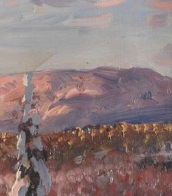
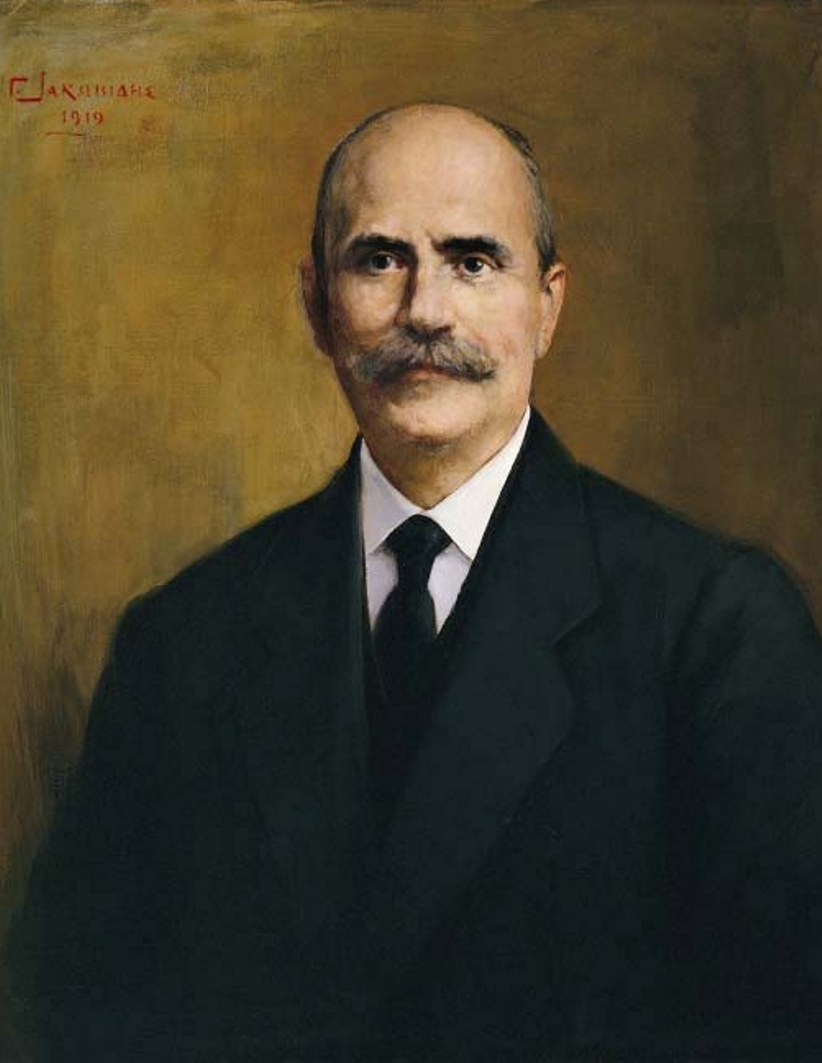
Georgios Jakobides was a Greek painter, representative of the Munich School of Greek painting.
He studied at the Athens School of Art (later the Academy of Fine Arts), then at the Academy of Fine Arts in Munich. Jakobides painted mythological scenes, genre paintings and portraits influenced by German academic realism.
His many characteristic paintings of children established Jakobides' reputation as a children's artist. As a perceptive psychologist and keen observer of human nature, he was a consummate draftsman. His painting The Reading Girl (1882), first exhibited in Munich, was admired by critics and the public.
In 1990 Georgios Jakobides returned to his homeland and became the first director of the National Gallery of Greece. In 1904 he was appointed director of the Athens School of Fine Arts, where he taught for 25 years. In addition to these activities, the artist continued to paint portraits, including of prominent Greeks.
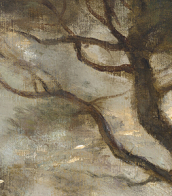


William Shakespeare was a British poet and playwright and writer.
William's father, John Shakespeare, was a merchant and official in Stratford. There are reports that he was a sailor for a time before joining a theater company in London. Beginning in the 1590s, Shakespeare began writing plays, and in 1593 he published a poem, Venus and Adonis, which became popular. He dedicated it to the Duke of Southampton, who was a philanthropist and patron of talent, and soon his business was booming.
From 1592 to 1600 Shakespeare wrote his dramas and romantic comedies "Richard III", "The Taming of the Shrew", "Romeo and Juliet", "A Midsummer Night's Dream" and "The Merchant of Venice", as well as the comedies "Much Ado About Nothing", "Twelfth Night" and the tragedy "Julius Caesar". The playwright's business was so successful that he even bought a large house in Stratford. In 1599, Shakespeare became one of the owners, playwright and actor of the new theater "Globe". In 1603 King James took Shakespeare's troupe under his direct patronage. In the mature period, the great playwright turned to tragedies, there were "Hamlet", "Othello", "King Lear", "Macbeth" and others.
Although in the 19th century researchers had some doubts about the authorship of many of these works, William Shakespeare is considered the greatest English playwright, one of the best playwrights in the world. His plays have been translated into all major languages and to this day form the basis of the world theatrical repertoire, most of them have been screened many times. According to the Guinness Book of Records, Shakespeare remains the world's best-selling playwright, and his plays and poems have sold more than 4 billion copies in the nearly 400 years since his death.



